Abstaract
Abstract
Aside from the many services that soil provides, it also stores water and makes it available to crops, which is critical for food security. However, the necessity of further studies for overcoming the existing gap in relation to the role of soil in the water, energy, and food nexus system has been preoccupying the experts and specialists around the world for some time. In this sense, the balance between many key ecosystem components based on the Soil, water, energy, and food (SWEF) nexus framework is one of the key characteristics of holistic and accommodative watershed management systems. To the best of our knowledge, the watershed scale is used as a planning unit for the first time in the current study to construct a conceptual model for adaptive management of optimum land-use/cover allocation using SWEF. The method was then used for the Shazand Watershed, Iran. Numerous metrics, such as soil erosion, soil organic carbon (SOC), water and energy use, mass efficiency, and economic efficiency, were investigated. Finally, a compound indicator was used to generate the SWEF nexus index (SWEFNI) for various land-uses/crops for the node year 2014. SWFENI ranged from 0.19 (worst) for rangeland to 0.78 (best) for almond plantations, according to the findings. The study's present approach may be tested worldwide.

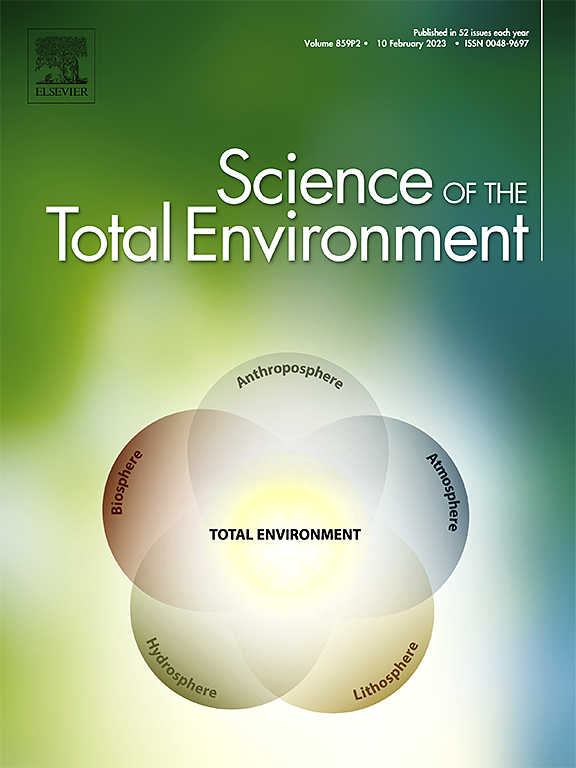
 Ehsan Sharifi Moghadam
Ehsan Sharifi Moghadam Mahdi Zarghami
Mahdi Zarghami.jpg)
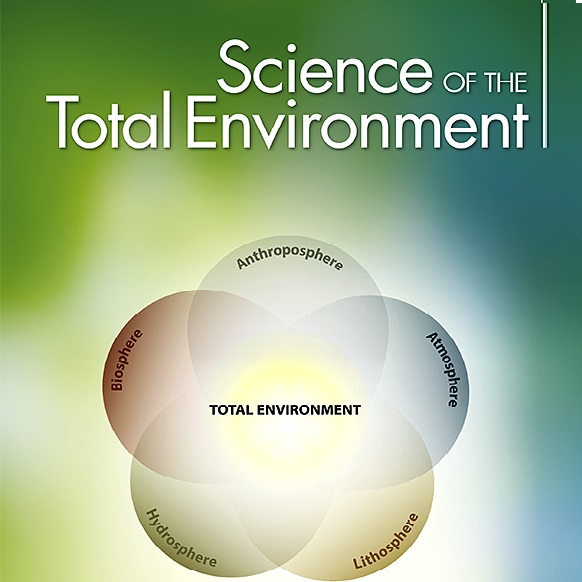
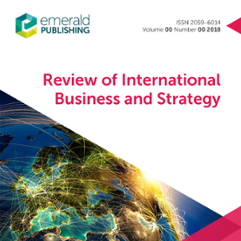
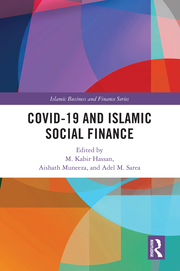
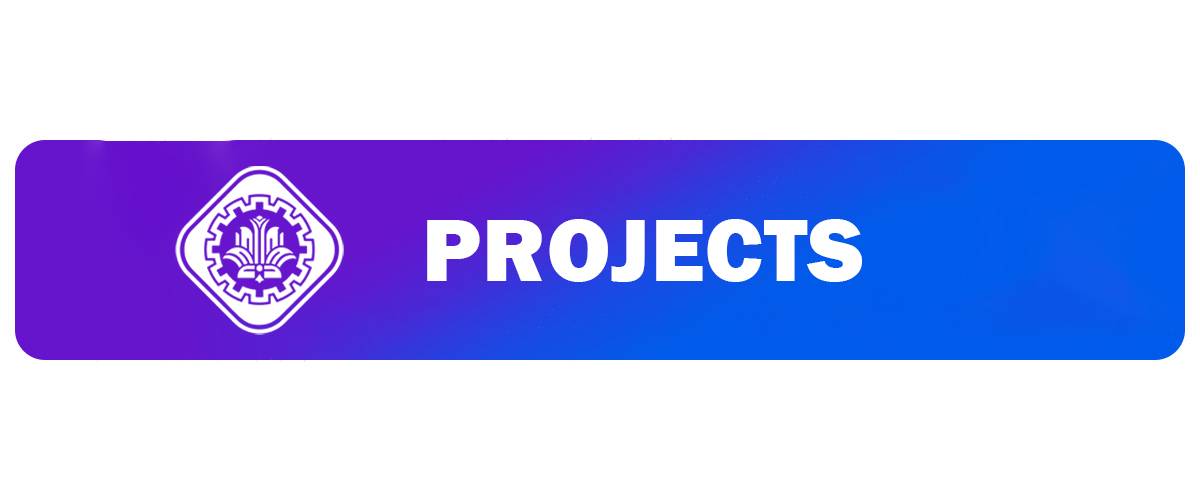

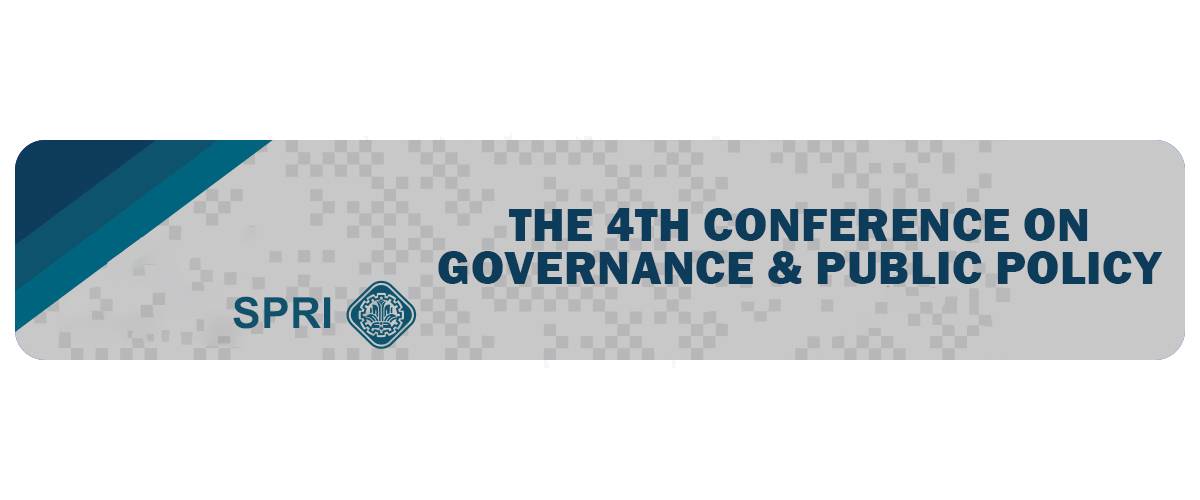
.jpg)